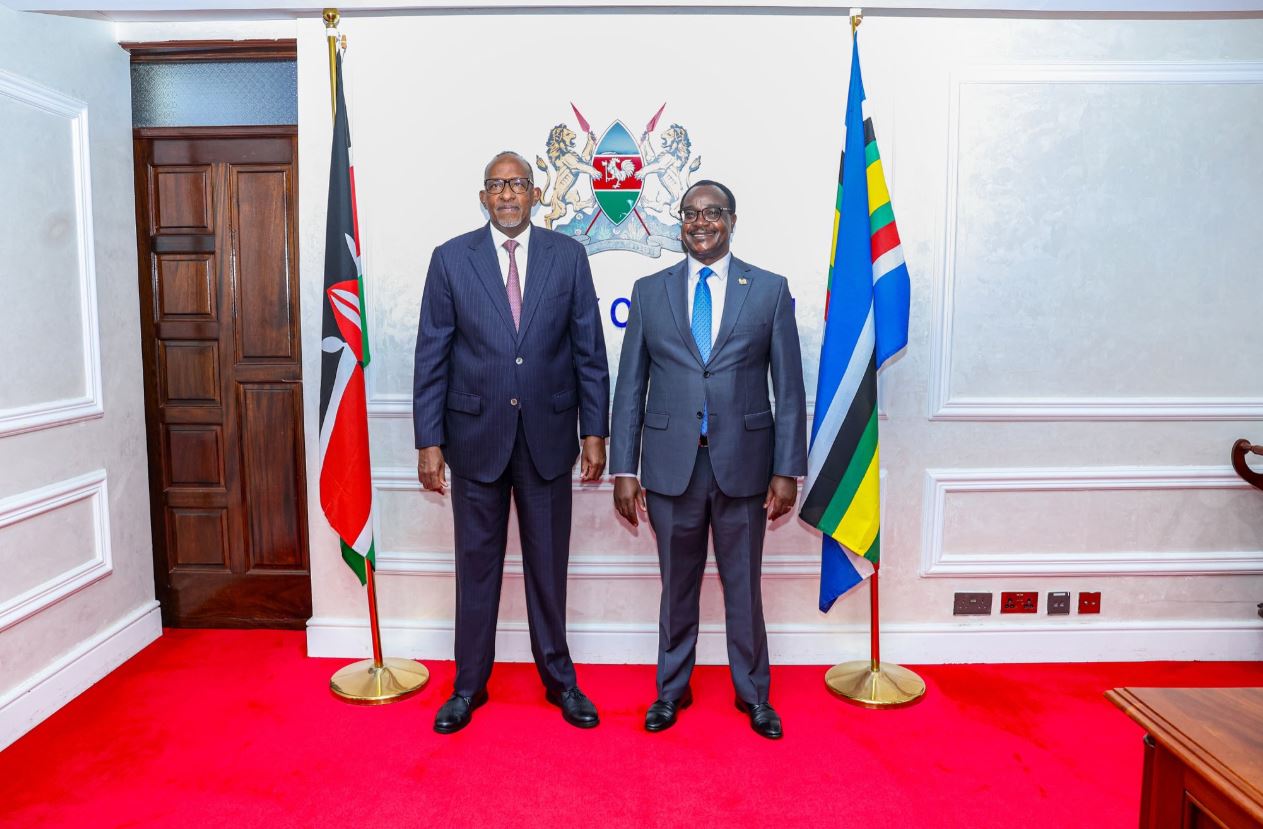There have been various schemes of service for teachers employed by the Teachers Service Commission (TSC). These schemes have evolved in tandem with dynamic educational policies, the overall teaching structure, and teacher training.
Previously, there were two service schemes, one for graduate teachers and the second for non-graduate teachers. These two schemes primarily affected secondary and primary school teachers, with no specific focus on postgraduate qualifications, which has been the case hitherto.
The Teachers’ Performance Appraisal and Development (TPAD) was introduced to specifically decentralise the Teachers Service Commission’s services, which would go a long way in addressing national goals. This led the TSC to steadily transfer some of its critical mandates to the County Directors.
The Career Progression Guidelines (CPG) was introduced to address issues of stagnation, which has also precipitated acrimony among teachers. Some teachers have said that it has been rotating them around in circles and dumping them midway, leaving them in even greater desperation.
The parameters of promotion have been shifting. Initially, academic and professional certificates opened the way to promotion, which is no longer the case in the current state.
For school administrators was the way to go to attain upward mobility. The Kenya Education Management Institute (KEMI) held the keys to promotion, so the government introduced about 20 modules which were to be done by all administrators.
Other courses that were said to be the gateway to promotion were Prism, spread among many others. Teachers enrolled en masse for these courses but they never influenced their promotion.
The most recent initiative believed to influence promotions was the Teacher Professional Development (TPD) programme—structured modules offered by various accredited colleges.
Sincerely speaking, these courses help teachers improve their knowledge, skills and practices to enhance their effectiveness in the classroom.
These courses certainly improve the quality of education by ensuring that teachers are abreast with the latest education methodologies, technologies among other key professional aspects.
The main problem is that teachers are supposed to pay the fees associated with the training. What is so astonishing is that all these forms of training over the years are one-sided, for capacity building only and not for grading of teachers.
The fact that most teachers are not ready to buy the idea of any form of training apart from their legitimate teaching obligation is because they have realized that in all these additional courses, they can only count on the meager allowances that act as the bait, unable to fully sow worrying do capacity building is so worrying.
The last time TSC promoted teachers on academic grounds was on January 9, 2014 in defence of which the then TSC secretary Nancy Macharia unilaterally declined to recognize Diploma, Undergraduate, Graduate and Postgraduate degrees earned by in-service teachers from recognized universities stating that it was no longer sustainable.
A sigh of relief has however jerked in through the announcement that was made by the TSC Acting CEO Evaline Mitei who has unveiled automatic teacher promotion in a new policy framework. Particularly from B5 to C3 in part it states that teachers entering the profession at Grade B5 will be promoted to C1 after three years, while those in grade C1 and C2 will advance to C2 and C3 respectively under the same conditions.
READ ALSO:
If you’re doing the right thing at the workplace, it doesn’t matter who the boss is
The teachers employer will ensure that there is equitable distribution of recruitment and promotion vacancies across all counties in Kenya.
Parameters of consideration would be professional qualification, age, length of time since graduation and C.B.E upgrade status which will basically start with identification of vacancies, distribution and advertisement of the same.
Teachers are wondering why even after they underwent interviews for headship and proceeded on studies should be subjected to the same interviews again to secure headship positions after the advent of the career progression guidelines.
It is unfortunate to note that as much as delocalization was a weird policy, upon rescinding the decision through the act of parliament on 9/8/2023, institutions of learning are steadily swerving into tribal cocoons since all regions are demanding that imperative for one of their own to head the institution notwithstanding whether or not they have the requisite competencies to run them.
The TSC has to try and implement a multifaceted professional promotion of all teaching positions so that regardless as whether the teacher is principal or not, there is the potential of reaching the highest job group in the profession.
The entry level positions like primary teacher 2 up to the highest role as chief principal start with fall under classroom teacher. We should have positions like chief librarian, chief head as department, chief games teacher, chief classroom teacher who may be teachers in their own way and almost the equivalent as the principal so that all these positions ranging from class to office can provoke excellence and eradicate the scenario where all teachers would wish to be chief principal.
Teaching has to be a profession that attracts excellence in subject research and knowledge, classroom management, gaming activities, library, boarding management among other important roles.
There should be a deliberate effort to improve teachers salaries without solely focusing on leadership positions which can be achieved easily through many ways like raising the minimum salary for all teachers to reflect the value of their work and cost of living.
Excellent teaching in class, learners achievement and even innovative educational practices have to equally have an effect on the teacher’s general basic salary.
Teachers who are on high demand especially those teaching languages, sciences, special education and creative activities have to be given subject-specific incentives so that they can be retained and work towards improving their worth.
Additionally, there should be a robust offer for training, membership or education opportunities that can either lead to career advancement and salary increases.
Housing, sound health insurance policies at a subsidized cost can be of great help to teachers who work extra hard to improve classroom excellence.
Regular salary reviews that would ensure that teachers keep pace with inflation and industry standards have to be embraced by the employer without hesitation.
These are significant approaches that can attract, track and retain high quality teachers, improve job satisfaction and ultimately benefit learner and the education system as a whole.
By concerned education stakeholder
You can also follow our social media pages on Twitter: Education News KE and Facebook: Education News Newspaper for timely updates.
>>> Click here to stay up-to-date with trending regional stories
>>> Click here to read more informed opinions on the country’s education landscape
>>> Click here to stay ahead with the latest national news.






